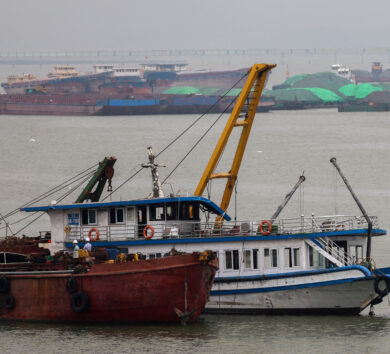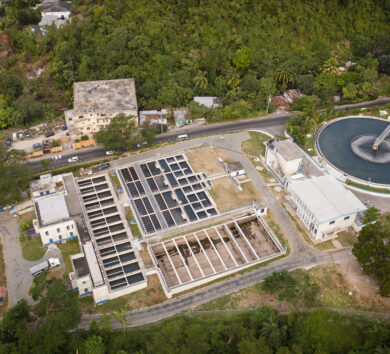

Venezuela’s oil output has tumbled for a second consecutive month, data from the latest monthly report by the Organization of the Petroleum Exporting Countries (OPEC) suggests.
This comes amid renewed US sanctions. The report from the oil cartel shows that for the month of May, Venezuela’s production stood at 896,000 barrels per day (bpd), based on secondary sources. This figure represents a drop of 32,000 bpd compared to April.
In contrast, Venezuela’s state oil company, PDVSA, reported output for the month of 1.06 million bpd, slightly up from 1.05 million bpd in April. The discrepancy between direct and secondary data stems from differing criteria, particularly regarding the inclusion of natural gas liquids and condensates.
The country’s oil industry has long been a target of successive US administrations aiming to cripple its primary source of revenue. These efforts have included financial sanctions, an export embargo, and secondary sanctions.
Waiver from halting operations in Venezuela
The Trump administration intensified these measures by compelling PDVSA’s foreign partners to halt operations in Venezuela by the end of May. Chevron, which holds the largest foreign stake in the country, received a confidential sanctions waiver.
This waiver reportedly restricts the company to basic maintenance activities, prohibiting drilling and exports. Chevron is a minority partner in four joint ventures with PDVSA, which together account for roughly one-quarter of Venezuela’s total oil output.
As Washington pushed out oil service providers such as Halliburton, Caracas turned to new partners to manage oilfields. Reports indicate that PDVSA has signed contracts with nine foreign firms, granting them control over drilling and sales operations in blocks located in Zulia state and the Orinoco oil belt. Industry analysts argue that the Trump administration’s strategy of excluding Western corporations may ultimately benefit China.
Chinese refineries were already the primary destination for Venezuelan crude before the latest sanctions escalation. According to Reuters, exports to China increased from 521,000 to 584,000 bpd last month. Despite the sanctions, Venezuelan oil exports remained stable in May, closely matching April’s figures.
However, these included last-minute shipments to companies facing a wind-down deadline. PDVSA is now focusing on delivering more cargoes to Asian customers. To do so, it must offer steep discounts and navigate higher risks, as shipments are routed through intermediaries to avoid sanctions.
Recent downturn in global oil markets
A recent downturn in global oil markets has further impacted Venezuela, although prices surged following Israel’s unprovoked attack on Iran and the subsequent retaliatory strikes. The tightening of sanctions is already affecting Venezuela’s economy.
The national currency continues to depreciate, a trend analysts attribute to speculative activity and an inadequate response from the central bank. Facing a potential revenue shortfall, the Nicolás Maduro government is reportedly considering an increase in domestic fuel prices.

Bloomberg reports that the administration is weighing a hike in gasolene prices from 50 to 75 cents per liter but Venezuelan officials have not issued any public statements on the matter.
In 2020, Caracas introduced privately operated gas stations with “international prices,” alongside subsidised pumps that allowed Venezuelans to access a fixed monthly fuel quota, prioritising public transportation. Over time, authorities have phased out the subsidised option, leaving the 50 cents per litre rate as the prevailing price.







Comments